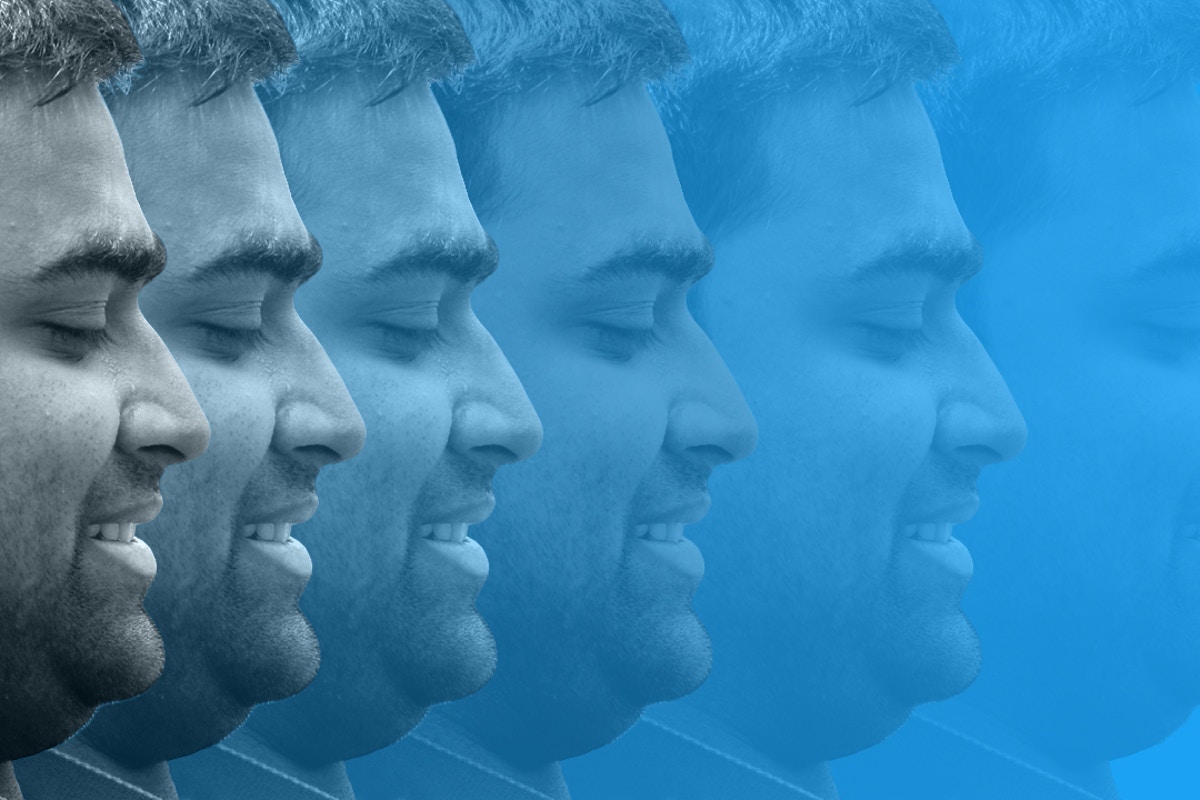
On Wednesday morning, just hours after re-threatening war with Iran, President Donald Trump shared a tweet from someone’s Heshmat Alavi account. Like many of the tweets circulated by the president, Alavi praised Trump, this time for his hard line against the Islamic Republic.
The confirmation of Trump’s post was bad enough: Alavi supports a cult of Iran called Maidhedin-e-Khalq, a militant Iranian named Mojahedin-e-Khalq called MEK, which has been designated a terrorist organization for decades and is widely hated by Iran. What is even worse, however, is that Heshmat Alavia does not exist.
As The Intercept reported last June, Alavi is a composite identity led by a group of MEK members based primarily on a combination of the group in Albania according to defects in the management of the account and other sources.
“Heshmat Alavi is a person led by a group of people from the political wing of the MEK,” a former MEK member named Hassan Heyrani told The Intercept in 2019 who helped rule the Alavi person in Albania. “They write what they are under the direction of their commander and use that name to add articles to the press. This is not and has never been the right person.”
In a blog post following The Intercept story, the Alavi account admitted for the first time that Heshmat Alavia was wrong and claimed to use a pseudonym instead. “No, I never reveal my true identity or photo,” the account wrote. “No real-minded activist does that. It puts my whole family, friends and myself in complete danger, both inside and outside Iran. “
Although the Alavi account has never stated that it is a member of MEK, content produced under the name often brought a pro-MEK line. However, in the same post after The Intercept story, the account said it supported the group: “Why do I support MEK? 1] They have an organization. 2] They have an agenda. 3] They are serious and dedicated. “
In the name of Alavi, steady blog posts and tweets have been produced over the years, which have always advocated a harsh U.S. policy to Iran and at times sliding support messages from the MEK and its leadership. And it’s not just social media activity: in Alavi’s name, articles were published among the most right-wing news in the United States. At least one of these articles was mentioned by the Trump administration, which was published under the name Alavi in Forbes. the press to justify its aggressive Iranian policy.
Following the 2019 publication of the interview, publications such as Forbes, Daily Caller, and The Diplomat, which had published Alavi’s articles, either deleted or updated them without reflecting his non-existence as a person.
While news agencies offering editorial standards showed a willingness to remove people’s articles that turned out to exist, social media media like Twitter are still useful for spreading obliquely to the public – as in the case of Alavi. Today, Alavi’s account still exists and is still generating extra amounts of content.
The account was suspended for a moment as a result of The Intercept’s report, but after a storm supporting MEK was recommended, a tweet on Twitter’s support account and the company’s CEO, the account was reinstated a few days later. Twitter did not comment on its decisions regarding individual users, but a source familiar with the organization told al-Arabiya news owned by the Saudi government that after the temporary ban, the Alavi account was reactivated after it was considered a “credible pseudonym”. “
Social media companies have been increasingly criticized for their role in helping to increase misinformation, including sources related to foreign governments and political movements. During the 2016 presidential election, troll treatment facilities affiliated with the Russian government were accused of assisting U.S. public opinion in the vote. These efforts are only believed to have increased since then.
MEK, on the other hand, has a varied history. A half-century-old revolutionary group, the organization has toured through ideologies and tactics – from Marxism to democratic defense, from terrorist violence to demonstrations and active lobbying in Washington – to rise to prominence. The turn toward U.S. support is a decade-long tactic for a group that had once allied itself with the Palestinian Liberation Organization and the Iraqi dictator Saddam Hussain in the 1980s and 1990s.
This year, the Intercept study documents the claims of former members of the group describing a cult-like atmosphere within the organization. Former members used in detail sterilization, torture, and other methods to control followers.
Nevertheless, the MEK now has strong allies throughout Washington. Most importantly, today the group has found a friend in the White House – a president who has never been uncomfortable blurring the line between reality and lies.
By Murtaza Hussain
